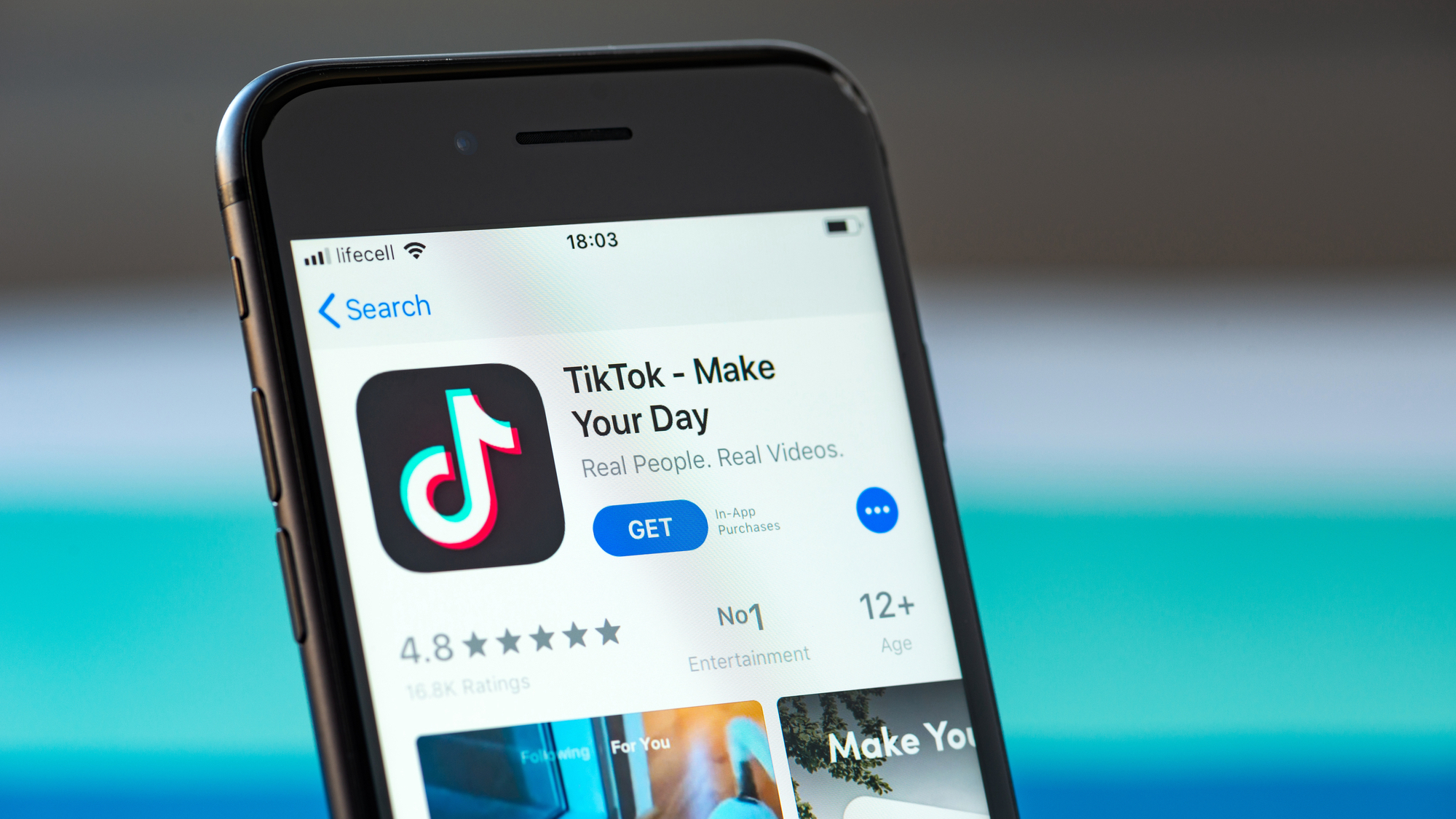

Yesterday, lawmakers introduced a new bipartisan Senate bill that would give the US government the power to ban TikTok. The bill is called, clunkily, the Restricting the Emergence of Security Threats that Risk Information and Communications Technology, or RESTRICT Act. It was introduced in part by Sen. Mark Warner of Virginia, who is also the chair of the Senate Intelligence Committee, and it would allow the Commerce Department to review deals, software updates, and data transfers from apps and tech companies in which “foreign adversaries,” specifically the governments of China, Cuba, Iran, North Korea, Russia, and Venezuela, have an interest.
It’s the latest—and perhaps the closest to becoming law—in a long line of proposals that look to limit the potential for the Chinese Communist Party (CCP) to exert influence on TikTok, and by extension, its users around the world.
Both the US and European Union governments are considering banning TikTok, limiting how it can handle customer data, and generally just increasing the regulatory burden it’s under compared to, say, Facebook or Instagram. Both entities have gone so far as to ban it on government staff’s work phones over espionage fears. Let’s take a look at why.
Although TikTok has over 100 million active monthly users in the US and at least 10,000 employees across the US and Europe, its parent company, ByteDance, is headquartered in Beijing, China. This has led to some security concerns as well as plenty of bellicose posturing from US lawmakers and China-hawks.
The security concerns come in part because ByteDance has bowed down to the CCP in the past. For example, in 2018, its then-CEO and founder, Zhang Yiming, had to issue a groveling, self-criticizing apology after the CCP compelled it to shut down one of its other apps. He promised to “further deepen cooperation” with the authoritarian government.
TikTok and ByteDance employees also have a manual override for what goes viral and gets promoted by the app’s “For You” algorithm. Earlier this year, a Forbes report on the “heating” feature revealed that TikTok frequently promoted videos in order to court influencers and brands and entice them into partnerships based on inflated video view counts. The concern here is that government propaganda, fake news, and anything else could be manipulated in the same way.
Then there are legitimate concerns about TikTok’s data handling practices. Last year, a BuzzFeed news report revealed that engineers in China were able to access data from US users, despite the information supposedly being stored in the US. TikTok’s COO, Vanessa Pappas, did little to alleviate those concerns in a grilling before the Senate Homeland Security and Governmental Affairs Committee last summer. Finally, TikTok had to fire four employees based in the US and China for attempting to spy on reporters, including Emily Baker-White who wrote both the Forbes and BuzzFeed investigations.
Of course, the app also enjoys a huge amount of popularity domestically—more than two-thirds of teens use TikTok, after all.
As David Greene, civil liberties director of the Electronic Frontier Foundation, explains over Zoom, ByteDance and TikTok aren’t really handling data or bowing down to government pressure in a wildly different way compared to other social media apps. The big difference is where ByteDance is headquartered.
Greene also thinks any US government attempt to ban TikTok is on shaky ground. “If the government wants to ban a way for people in this country to communicate with each other and with other people, it’s going to have to do so within the framework of the First Amendment,” he says.
As Greene explains it, this means the US government will need to show that not only does some real threat to the public exist, but also that banning TikTok is justified. “It can’t just be responding to undifferentiated fear, or to uninvestigated or unproven concerns, or at the worst, xenophobia,” he says.
TikTok is also fighting hard to ensure it can continue to operate in the US and Europe. It’s recently launched Project Texas and Project Clover, multi-billion dollar restructuring plans that would involve storing US data in the US and European data in Ireland and Norway in ways that they could not be accessed in China. Whether these efforts can reassure lawmakers that it doesn’t need additional oversight—or worse, a total ban—remains to be seen.
The same day the bill was introduced, the White House said in a statement from the National Security Advisor that they “urge Congress to act quickly to send it to the President’s desk.” You can watch Senator Warner talk more about the bill here.
